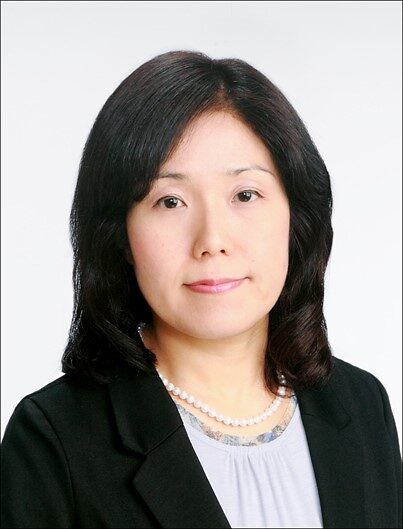"p53 isoforms regulate age- and tumor-associated replicative cellular senescence" Dr. Kaori Fujita

Date
Location
Description
Dr. Kaori Fujita
Specific Researcher
Department of Cell Growth and Differentiation
Center for iPS Cell Research and Application, Kyoto University
Abstract
Cellular senescence is sustained cell proliferation arrest induced either by telomere attrition (replicative senescence) or by cellular stresses such as oncogene activation (stress-induced premature senescence). Senescent cells accumulate in vivo during aging and are assumed to contribute actively to aging phenotypes. For example, cellular senescence of normal tissue stem cells results in impaired tissue regeneration and homeostasis. Cellular senescence is also a tumor suppressive mechanism that can be activated by p53. In addition, secreted factors from senescent cells, such as pro- inflammatory cytokines, can cause adverse effects on surrounding non-senescent cells.
The p53 signaling network plays a critical role in the induction of cellular senescence. The human TP53 gene encodes, in addition to full-length p53 protein, at least 13 natural isoforms due to alternative splicing and usage of alternative promoters. Among them are p53β, a C-terminally truncated isoform that cooperates with full-length p53, and Δ133p53, an N-terminally truncated isoform that inhibits full-length p53 in a dominant-negative manner. We discovered that a switch in the expression patterns of p53 isoforms, a dominant negative Δ133p53 and a co-transactivator p53β of full-length p53, can cause cellular senescence in vitro and is also associated with aging of CD8 positive circulating T cells and the transition of benign to malignant human cancers in vivo. This p53 isoforms-regulating replicative cellular senescence associates with proteasomal degradation of telomere repeat binding factor 2 (TRF2) which is one of telomere-capping protein-complex shelterin forming and maintaining the structure of functional telomeres. On based these findings, my future research ultimate goals are to elucidate 1) why senescent cells accumulate in tissues and organs with age, 2) how senescence promotes age-related tissue dysfunction, and 3) how senescent cells contribute to develop age-related diseases.
Biography
Kaori Fujita is a Specific Researcher in Department of Cell Growth and Differentiation, Center for iPS Cell Research and Application, Kyoto University, where she has been since mid January 2012. She received a Ph. D. in Pharmacological Science from Tohoku University, Sendai Japan, on March 23rd, 2000. She was a Post-doctoral Fellow for a year and a Staff Scientist during 2001-January 2005 in National Cancer Center Research Institute, Tokyo. After moving to US, she was a Post-doctoral Fellow during 2005-2010, and a Research Fellow as a US Federal Employee from 2010 to January 2012 in Laboratory of Human Carcinogenesis, Center for Cancer Research, National Cancer Institute, National Institutes of Health, USA, where she started the study on cellular senescence and got three international patents. Her current research interests center on improving the understanding of senescence of somatic and stem cells in aging and age-related diseases.
Subscribe to the OIST Calendar: Right-click to download, then open in your calendar application.



